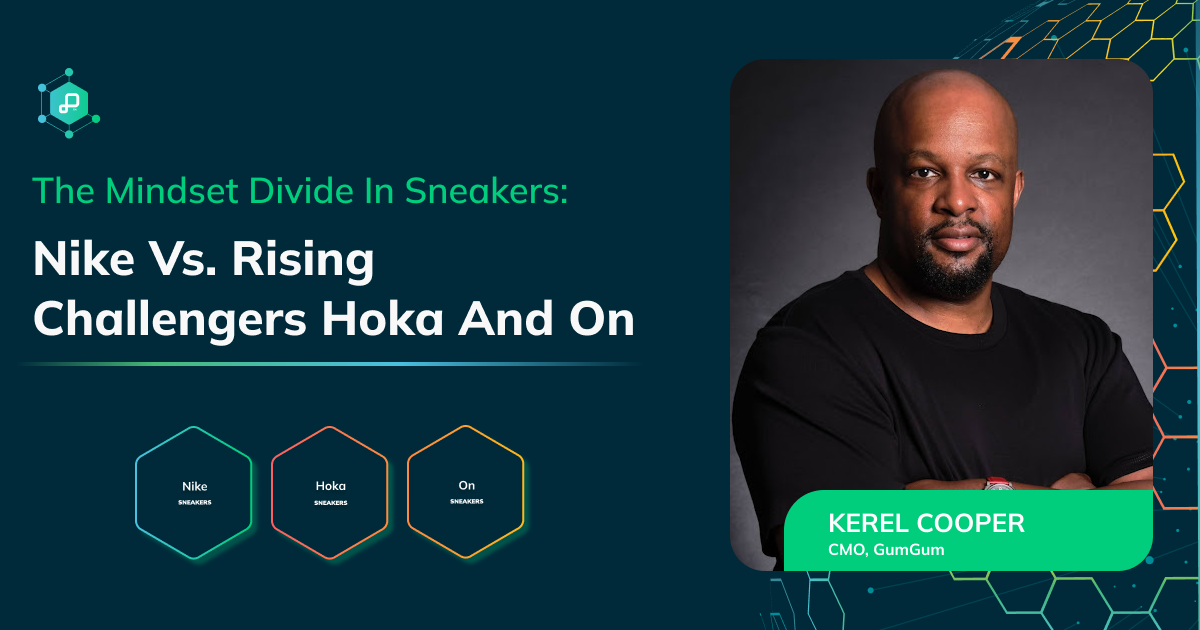
The debate over behavioral targeting versus contextual targeting is by no means new — but, over the last year, it has become a very important one for advertisers. With increased privacy regulations and the inevitable elimination of cookies on browsers like Apple, Firefox and soon, Chrome, marketers are in need of an alternative — and fast.
GumGum sought to find out if contextual targeting is up to the challenge. With third-party data tracking [https://gumgum.com/contextual-insider/data-privacy] facing increasing scrutiny, does contextual targeting provide an effective solution for the future of digital advertising? The answer is yes! In new research, contextual ads were found to be more accurate and cost-efficient than behavioral targeting, with GumGum’s contextual targeting solution, VerityTM coming out on top.
Value-testing Contextual
In partnership with Dentsu Aegis Network, GumGum conducted a first-of-its-kind research study that compared the cost-effectiveness and accuracy of behavioral targeting versus contextual targeting.
Dentsu Aegis Network ran live campaigns utilizing both contextual and behavioral targeting for four of its brand clients; cosmetics retailer Sephora, a major technology company, a big box retailer and a direct-to-consumer retailer. The study served 1 million impressions split across five different ad lines:
- 200,000 behavioral impressions
- 200,000 contextual impressions served by GumGum VerityTM
- 200,000 contextual impressions served by Vendor A
- 200,000 contextual impressions served by Vendor B
- 200,000 contextual impressions served by Vendor C
The impressions to the behavioral ad line acted as the control, and were compared against impressions for each of the four contextual ad lines independently. The design, implementation, reporting and analysis of the study was overseen by independent research consultant, Dr. Michele Madansky.
Contextual Makes its Mark
The study found contextual targeting was more efficient than behavioral targeting in cost-per-click (CPC); cost-per-viewable impression (vCPM); and the cost associated with reaching the intended demographic of the brand (eCPM). Key takeaways:
- Overall, Verity was 1.7x more accurate than the other contextual intelligence vendors involved in the study.
- The CPC was 48% lower than behavioral targeting
- The cost-per-viewable impression was 41% lower than behaviorally targeted ads
- The contextual eCPMs was 36% lower than behavioral eCPMs
Make Way for Contextual
With stronger privacy laws, and recent advancements in tech, contextual targeting is undoubtedly emerging as a solution to the fast approaching cookie-less world. With GumGum VerityTM 's contextual intelligence, it has now become possible to comprehend the meaning of text, images and videos online, allowing marketers to run high-performing, contextually-relevant ads with greater accuracy and efficiency.
For a closer look into the study, please read our Guide to Understanding Contextual Relevance and Efficiency.










